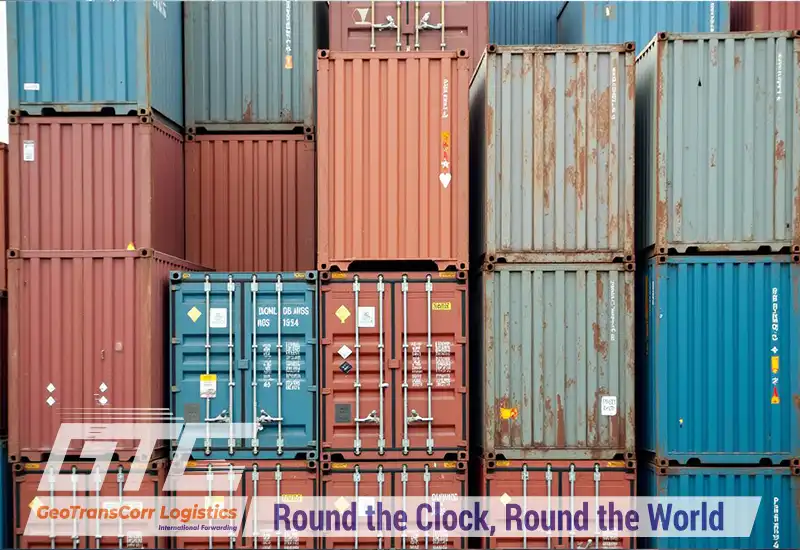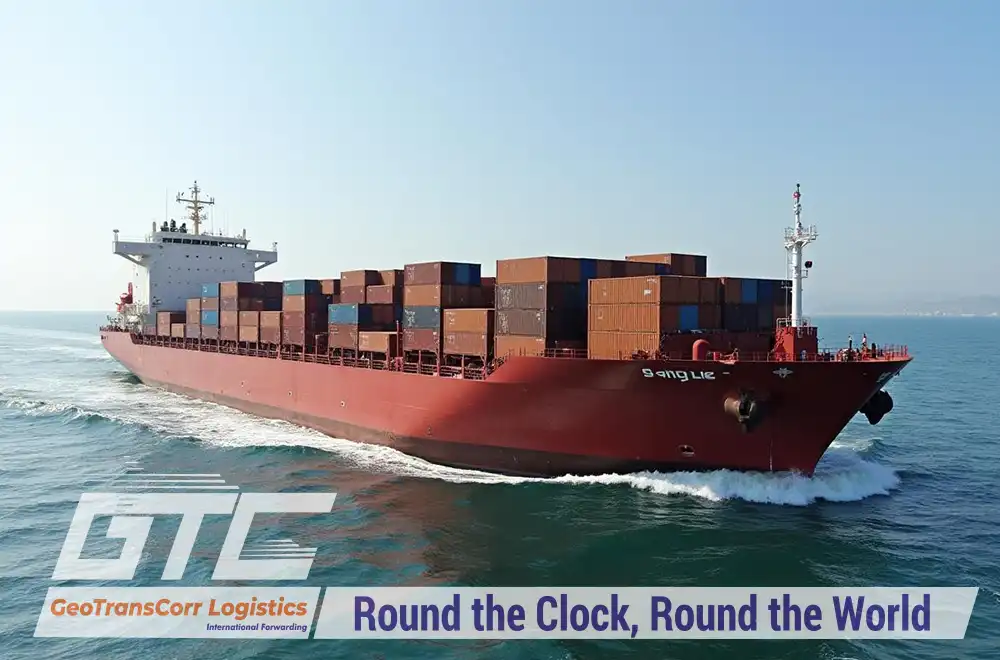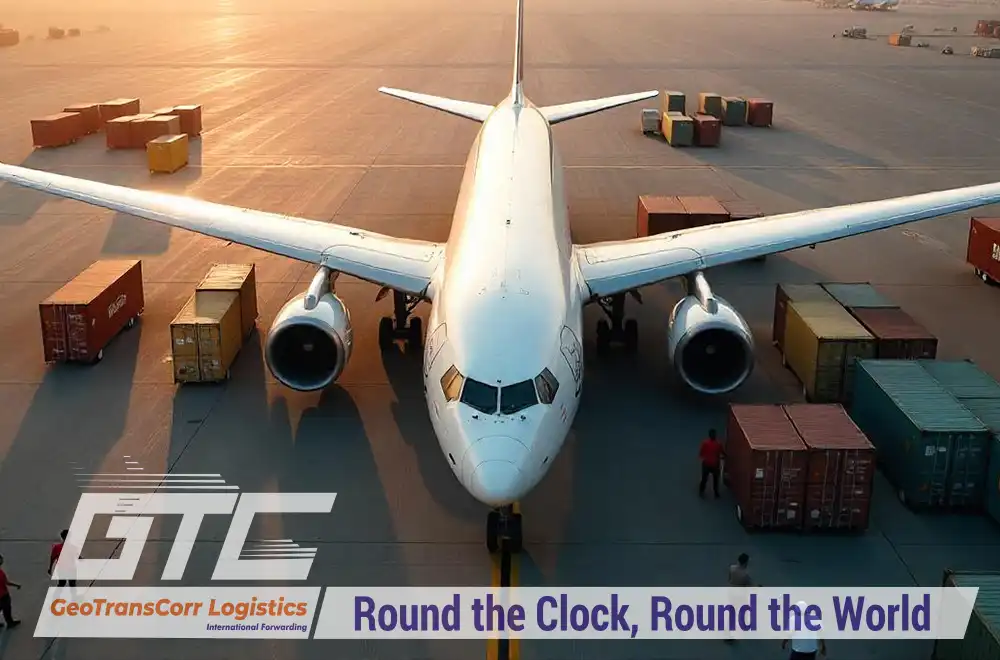When shipping goods by road, having a well-defined contract is crucial for a smooth and efficient process. A Contract for the Carriage of Goods by Road outlines the responsibilities and liabilities of both the carrier and consignor, ensuring that all parties are on the same page and minimizing potential disputes. Join us as we explore the details of road freight contracts.
What is a Contract for the Carriage of Goods by Road?
A Contract for the Carriage of Goods by Road is a legal agreement between a shipper (consignor) and a carrier, where the carrier agrees to transport goods from one location to another by road in exchange for a fee. The contract outlines the terms and conditions governing the transportation of the goods, including the rights, responsibilities, and obligations of both parties.
Parties Involved in the Contract for the Carriage of Goods by Road
Parties Involved in the Contract for the Carriage of Goods by Road create the legal and operational framework for the successful transportation of goods by road. The clear delineation of their roles helps ensure a smooth and accountable process from the point of dispatch to delivery.
Carrier
The carrier is the party responsible for transporting the goods from one location to another by road. This can be a company or an individual offering freight services. The carrier’s main obligations include:
- Accepting the goods from the consignor in proper condition.
- Transporting the goods safely to the agreed destination within the specified timeframe.
- Delivering the goods to the consignee in accordance with the terms set out in the contract.
- Liability for any loss, damage, or delay that occurs during the transport unless specific exclusions or limitations are outlined in the contract.
The carrier may also have certain rights, such as the ability to refuse transport if the goods are improperly packed, dangerous, or illegal.

Consignor (Shipper)
The consignor, also known as the shipper, is the party that initiates the contract by hiring the carrier to transport goods. The consignor is responsible for:
- Preparing the goods for transportation, including packing, labeling, and ensuring they meet any legal or safety requirements.
- Providing accurate information about the goods, such as their nature, weight, dimensions, and destination.
- Providing necessary documentation like the consignment note or waybill.
- Ensuring payment for the carrier’s services, either upfront or based on the payment terms in the contract.
The consignor is also responsible for any issues that arise due to misrepresentation or misdeclaration of the goods being transported.
Consignee
The consignee is the party that receives the goods at the destination. While not always directly involved in the contract, the consignee is the intended recipient of the goods and holds certain rights and responsibilities:
- Accepting the goods upon delivery.
- Inspecting the goods to ensure they match the description and are in good condition.
- Notifying the carrier in case of any damage, shortage, or other issues.
The consignee may not always be financially responsible for the shipping costs, but they play a key role in the delivery process as the party that confirms receipt and satisfaction of the goods.
Key Clauses in a Road Freight Contract
A road freight contract outlines several crucial terms to ensure a smooth and legally sound transport of goods. Among these, the obligations of the carrier, responsibilities of the consignor, and the terms of delivery and payment are fundamental. Below are the key clauses that typically cover these aspects:
Obligations of the Carrier
- Safe Transport of Goods
The carrier is obligated to transport the goods safely and securely. This includes:
- Providing appropriate vehicles for the nature and type of goods.
- Ensuring that the goods are protected from damage, theft, or loss during transit.
- Handling goods with care, especially if they are fragile or hazardous.
- Compliance with Regulations
The carrier must comply with all relevant laws and regulations governing road transport. This includes:
- Ensuring that the vehicle is roadworthy and meets safety standards.
- Following any specific regulations for hazardous or restricted goods.
- Obtaining necessary permits or approvals for the transport of goods, especially for international shipments.
- Timely Delivery
The carrier is responsible for delivering the goods within the agreed-upon timeframe. Delays can lead to penalties or claims for damages unless there is an agreed-upon exception, such as force majeure (unforeseen circumstances like extreme weather or political unrest).
- Liability for Loss or Damage
The carrier is liable for any loss or damage to the goods during transit, unless it can be proven that the loss or damage was caused by:
- The consignor’s improper packing or misdeclaration of the goods.
- An event beyond the carrier’s control, such as natural disasters (force majeure).
- A specific clause in the contract limiting liability under certain conditions.
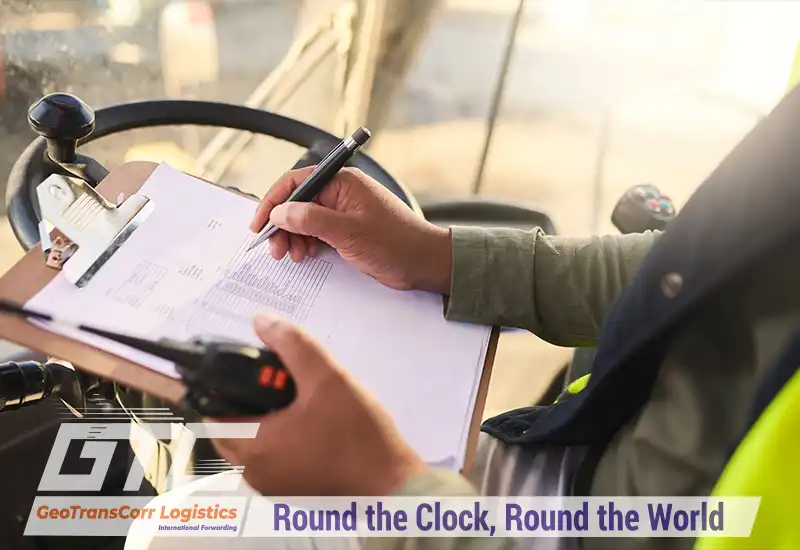
Responsibilities of the Consignor
- Accurate Information and Documentation
The consignor must provide accurate and complete information regarding the goods. This includes:
- A clear description of the goods (weight, dimensions, type, and any special handling requirements).
- Proper documentation such as the consignment note, waybill, and any necessary customs paperwork for international shipments.
- Declaration of hazardous materials, if applicable, with proper labeling.
- Proper Packaging and Labeling
The consignor is responsible for ensuring that the goods are adequately packed and labeled to withstand transport. This helps to prevent:
- Damage during loading, unloading, and transit.
- Confusion or delays due to missing or incorrect labels.
- Timely Handover of Goods
The consignor must deliver the goods to the carrier on time, as agreed in the contract, to avoid delays in transport. They should also provide any special instructions needed for handling or delivery.
- Payment of Fees
While payment terms may vary, the consignor is typically responsible for the payment of the agreed transport fees. The method and timing of payment are specified in the contract (e.g., pre-payment, upon delivery, or on credit terms).
Terms of Delivery and Payment
- Place and Time of Delivery
The contract should specify:
- The exact delivery location (e.g., consignee’s warehouse or a designated terminal).
- The delivery timeframe, including any penalties or compensation in case of late delivery.
- Any conditions for partial deliveries or deviations from the original delivery plan.
- Conditions for Delivery
These terms specify the condition of goods upon delivery and how disputes over damage or discrepancies are handled. They may include:
- Inspection requirements upon delivery by the consignee.
- Procedures for documenting and reporting damage or shortages.
- Responsibility for unloading and transfer of goods at the destination.
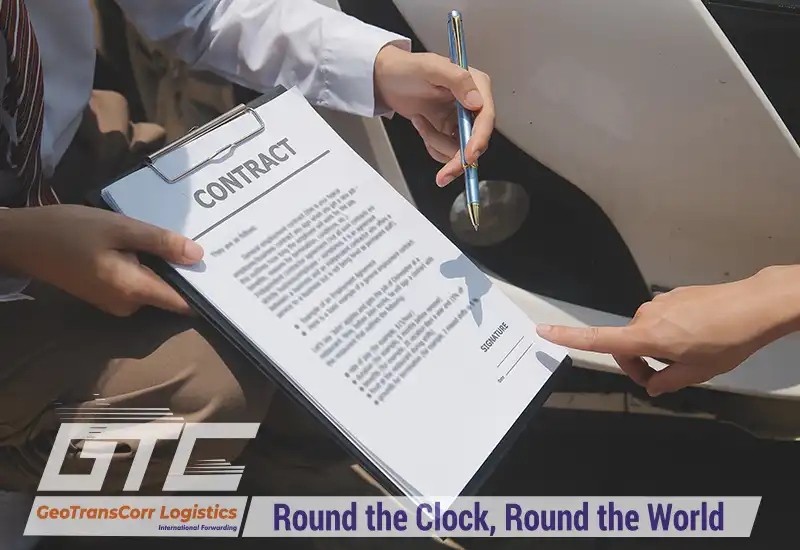
- Payment Terms
The payment terms outline when and how the consignor or consignee must pay for the carrier’s services. This may include:
- Pre-payment: The consignor pays the full transport fee before the goods are dispatched.
- Post-delivery payment: Payment is made after the consignee confirms the goods are delivered in good condition.
- Installments or credit terms: Some contracts may allow for payment over a period of time, especially for frequent shipments or long-term contracts.
- Penalties for late payment: The contract may stipulate interest or fees if payment is delayed beyond the agreed-upon timeframe.
- Insurance Clauses
The contract should clarify whether the carrier or consignor is responsible for arranging insurance and what kind of coverage is required. This protects against loss or damage during transport.
Rights and Liabilities of the Parties
In a road freight contract, the rights and liabilities of both the carrier and consignor are defined to ensure protection.
The carrier is liable for any loss, damage, or delay during transit, except when caused by factors beyond their control, such as natural disasters or improper packaging by the consignor. Contracts may also limit the carrier’s liability, capping compensation or excluding certain goods.
The consignor is responsible for accurate documentation, proper packaging, and compliance with legal requirements, and is liable for any issues caused by misdeclaration or inadequate preparation of the goods.
International Conventions and Regulations
International road freight transport is governed by a combination of international conventions and regional or national laws.
CMR Convention
The CMR Convention, established in 1956, governs international road transport contracts across participating countries. It standardizes the rights, obligations, and liabilities of parties involved in the cross-border transport of goods by road. The CMR provides clear rules on the documentation required (such as the consignment note), liability for loss, damage, or delay, and compensation limits. It ensures a uniform legal framework, making it easier for transporters and shippers to navigate international road transport while reducing the risks of disputes.
One of its key features is the liability of the carrier, which holds them responsible for goods from the moment they take possession until delivery, barring exceptions such as force majeure or consignor-related issues.

Regional and National Road Freight Laws
While the CMR Convention applies to international transport, regional and national laws regulate domestic freight operations. Each country or region may have specific regulations governing road transport, including vehicle standards, permits, driver requirements, and safety measures. These laws ensure compliance with local rules and often address unique challenges, such as hazardous goods transport or environmental concerns.
In addition, some regions, like the European Union, have harmonized regulations that facilitate cross-border transport within the area, further supporting regional trade and logistics operations. Carriers operating internationally must adhere to both CMR and local regulations to ensure legal compliance and efficient operations.
Conclusion
In conclusion, a Contract for the Carriage of Goods by Road is a vital legal document that defines the rights, responsibilities, and liabilities of both carriers and consignors. It ensures that goods are transported safely, efficiently, and within legal frameworks, protecting both parties from disputes and unforeseen complications. By clearly outlining key elements such as obligations, liability, delivery terms, and documentation requirements, these contracts help to minimize risks and ensure smooth logistics operations. Whether operating domestically or internationally, understanding and adhering to the terms of these contracts is essential for both carriers and shippers to ensure successful road freight transport.
Ensure your road freight shipments are managed with precision and security. At GTC, we specialize in navigating the complexities of the Contract for the Carriage of Goods by Road, providing expert support to ensure smooth and compliant transport. Reach out to us today to learn how we can help you handle your contracts and logistics seamlessly!



